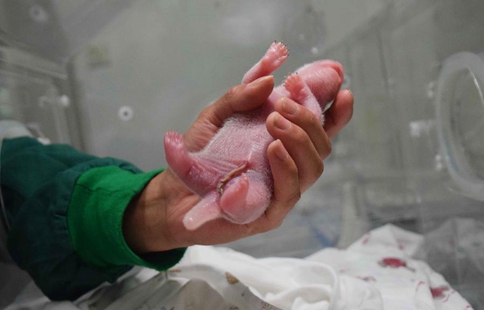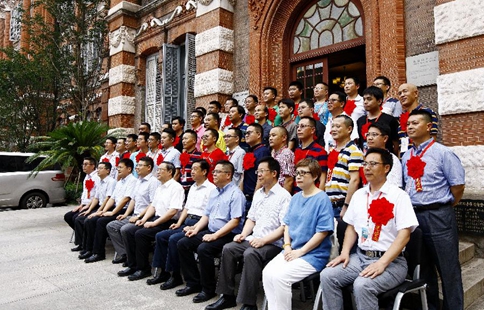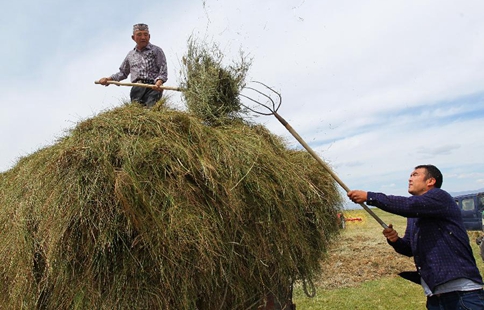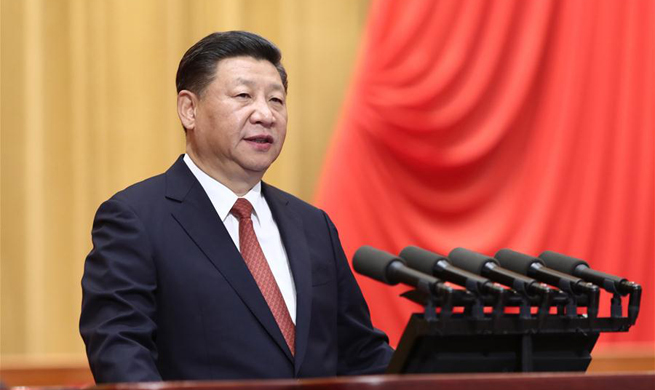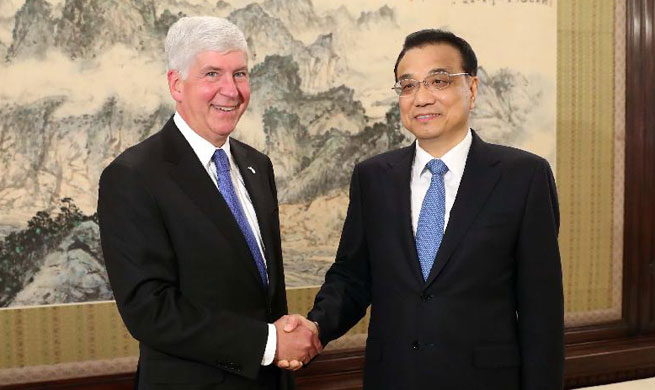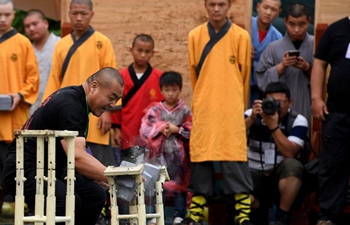SAN FRANCISCO, Aug. 1 (Xinhua) -- The University of California, Berkeley, said Tuesday it will host a two-day conference to discuss potential applications, ranging from human and animal health to agriculture and conservation, of a type of gene-editing technology known as CRISPR.
While CRISPR is short for Clustered Regularly Interspaced Short Palindromic Repeats, UC Berkeley researchers are on the forefront in the area.
Known as "CRISPRcon: Science, Society, and the Future of Gene Editing," the conference scheduled for August 16-17 is open to the public and is expected to bring together farmers, doctors, patients, environmentalists, consumers, nonprofits, community leaders and scientists.
"Fulfilling the promise and the potential of CRISPR technology requires collaboration and thoughtful, open dialogue," Jennifer Doudna, co-inventor of CRISPR-Cas9 gene editing, was quoted as explaining in a news release from UC Berkeley. "CRISPRcon will provide a forum for the kind of honest discourse we need to examine what a future with CRISPR technology might look like, and what its continued advancement might require in terms of policy and oversight."
As professor of chemistry and of molecular and cell biology at the Department of Chemistry and Chemical Engineering of UC Berkeley, Doudna will deliver one of the keynote talks at the event.
Since the CRISPR-Cas9, with Cas standing for CRISPR Associated Protein, technology was invented five years ago, it has revolutionized biomedical and agricultural research while fueling angst about questionable applications, such as designer crops, farm animals and humans.
Organizers hope that CRISPRcon, through a series of keynotes, panels and interactive discussions, will help examine the social dimensions of CRISPR in medicine, food and the environment, and the role of regulation and social acceptance in determining the future of the technology.




